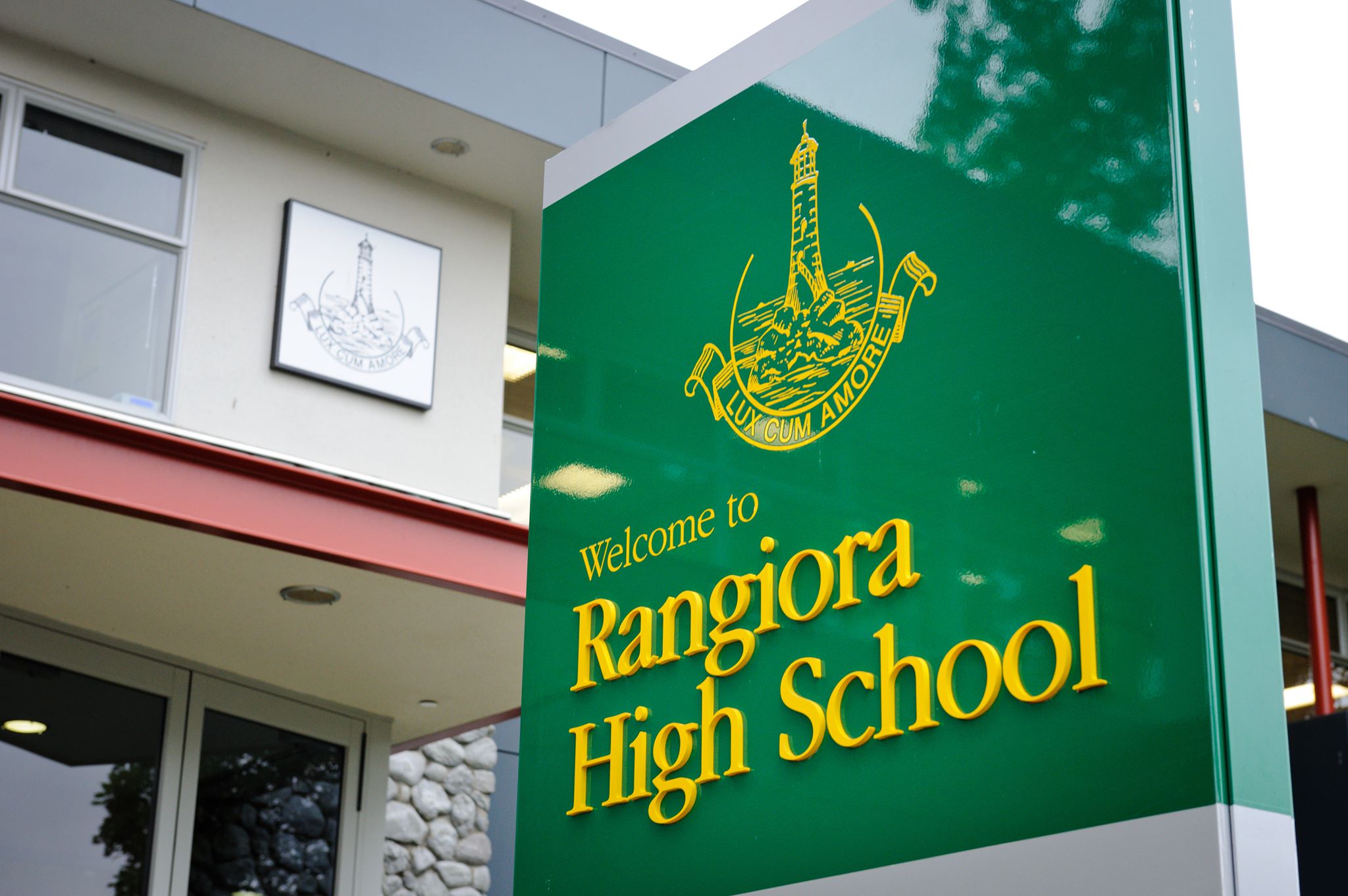

Associate Education Minister David Seymour recently proposed a stepped attendance response (STAR) system, where parents are contacted after five days absence and schools meet with parents after 10 days absence.
After 15 days absence it would be escalated to the Ministry of Education, and prosecuting parents could be considered.
But schools say they already have similar processes.
‘‘There are some amazing parents who truly care about their child’s education, but struggle to get their child to school,’’ Mr Kearney said.
‘‘They are trying everything they can to get their child back to school.
‘‘Now they have got this horrendous sword hanging over them, that they might get reported to the police.’’
Mr Kearney said parents were notified after one period of absence, meetings were held with parents after repeated absences and schools also reported to the Ministry of Education and other agencies if it continued.
He said he had even prosecuted about four or five parents during his time as principal at Kaiapoi High School, for ‘‘encouraging non-attendance’’.
‘‘It was a two-year process by the time we collected all the information to make sure it was robust and we had worked with families to explore other options, and you have to do it before the student turns 16.’’
Students aged 16 and older can be unenrolled if they have been absent for more than 20 consecutive days.
‘‘But we don’t tend to do it,’’ Mr Kearney said.
‘‘Coming down hard on a young person who is suffering anxiety or coming down hard on their parents is not going to solve the problem.
‘‘Every child in that situation is a unique story. Most people think it is bunking and there are some students who are doing that.’’

He said attendance patterns last term were similar to term two, when schools were battling winter ills.
‘‘This is despite principals working hard to lift attendance rates by trying a range of innovative strategies and initiatives.’’
Amuri Area School principal Matt Barlow said attendance has fluctuated over the past few years, but appeared to be improving.
‘‘We did have a dip in term two due to a significant amount of illness in the wider community including another round of Covid-19 - myself included.’’
He said the school routinely followed up absences with parents and utilised outside agencies when non-attendance became a concern.
While regular attendance generally leads to better outcomes, students with a prolonged absence, such as an overseas holiday, may still be performing above the expected standard.
‘‘My point is that knowing the individual learner and the barriers and enablers to their education is critical,’’ Mr Barlow said.
Oxford Area School principal Mike Hart said student attendance had improved each term compared to last year.
‘‘We have not introduced any additional systems or processes around attendance this year.
‘‘When dealing with non-attendance we need to understand the reasons and issues that lead to it and then work through solutions to improve attendance.’’
By David Hill, Local Democracy Reporter
■ LDR is local body journalism co-funded by RNZ and NZ On Air.












